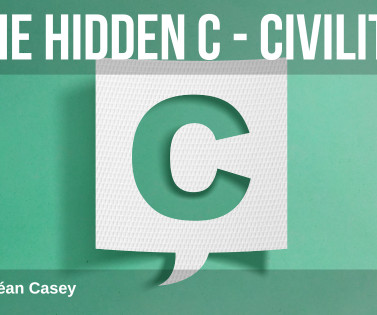Microaggressions in Healthcare: Not Just “Harmless Comments”
Don't Forget the Bubbles
JULY 15, 2025
These figures are not abstract; they correlate with burnout, disengagement, and hesitancy to speak up – critical weak links in patient safety. That’s what good leadership looks like. 2018; 7(6):96. 70% believed their clinical skills were questioned or underestimated because they were female. MedEdPORTAL. Social Sciences.











Let's personalize your content